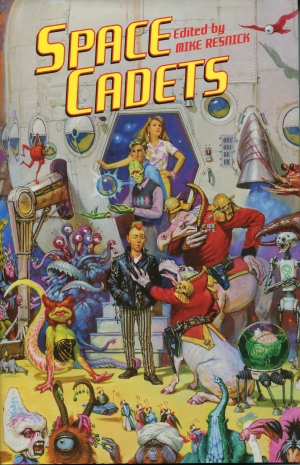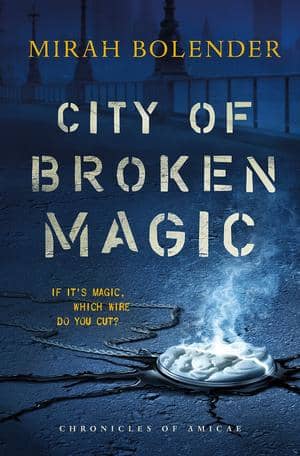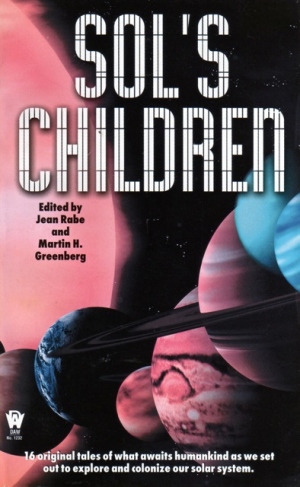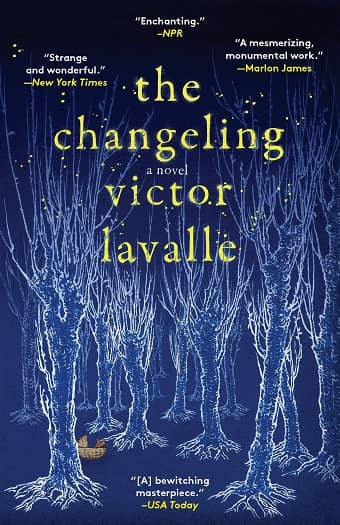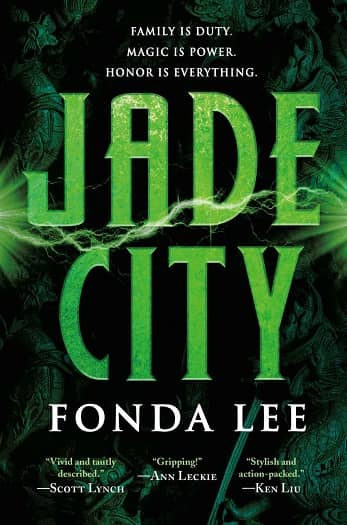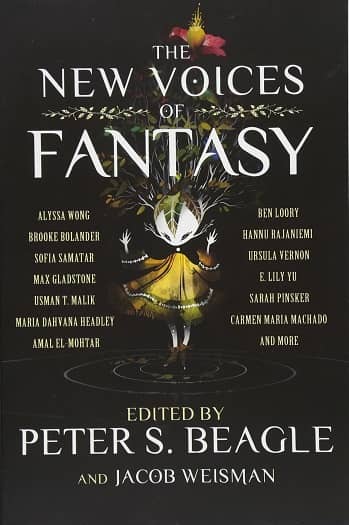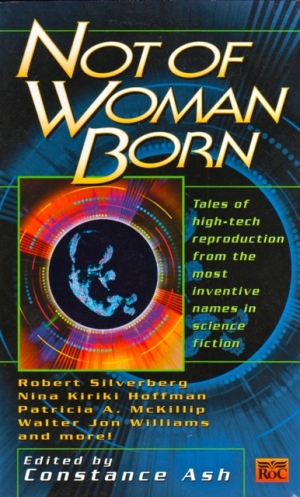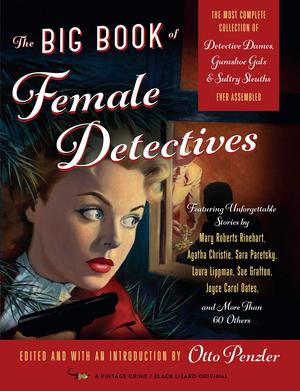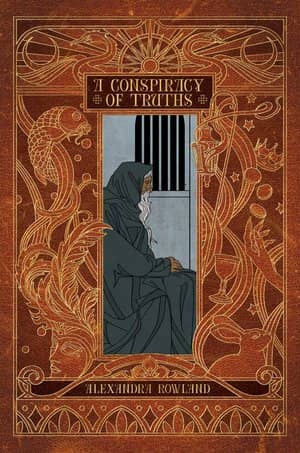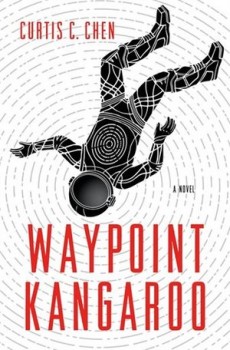Sword Masters and Dangerous Texts: The Khorasan Archives by Ausma Zehanat Khan
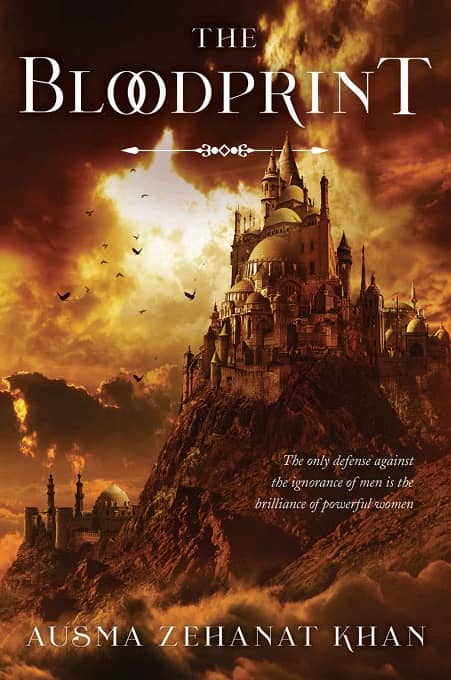 |
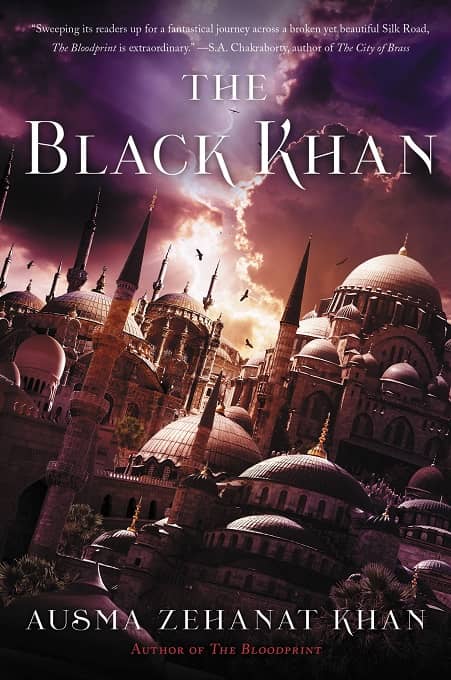 |
Ausma Zehanat Khan is the author of the contemporary thriller The Unquiet Dead and its four sequels, including The Language of Secrets and A Deadly Divide. The Khorasan Archives is a considerable departure for her: an ambitious four-volume secondary world fantasy. It opened last year with The Bloodprint, which S.A. Chakraborty (The City of Brass) called “wonderfully written… reminiscent of a post-apocalyptic Odyssey… this time with a pair of women warriors at the helm.”
The second volume, The Black Khan, arrived last month from Harper Voyager. I’m quite intrigued by this series, and may not be able to wait until it’s complete to dip into it. Here’s the back cover text for The Bloodprint.
The author of the acclaimed mystery The Unquiet Dead delivers her first fantasy novel — the opening installment in a thrilling quartet — a tale of religion, oppression, and political intrigue that radiates with heroism, wonder, and hope.
A dark power called the Talisman, born of ignorance and persecution, has risen in the land. Led by a man known only as the One-Eyed Preacher, it is a cruel and terrifying movement bent on world domination — a superstitious patriarchy that suppresses knowledge and subjugates women. And it is growing.

